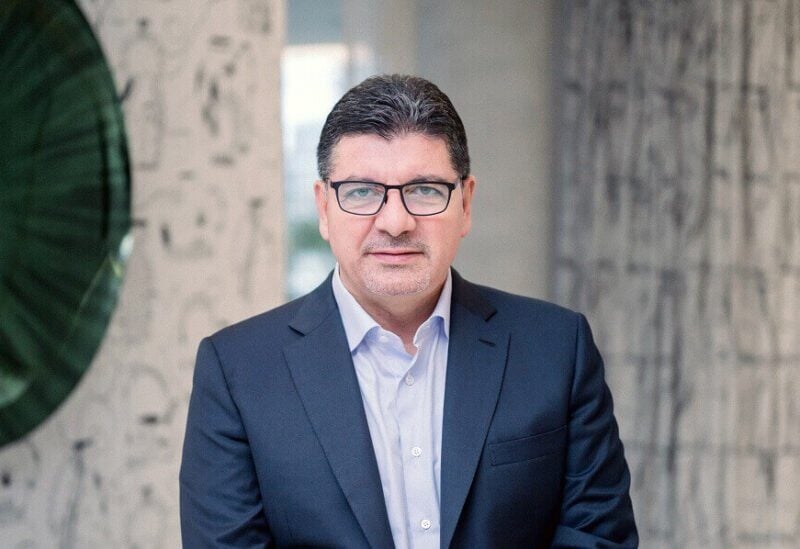
Bahaa Hariri
Bahaa Hariri wrote the following on “Arabian Gulf Business Insight”:
On Sunday October 23, 1983, the Beirut hotel housing the US contingent to the Multinational Force in Lebanon was bombed, killing 220 Marines, 18 Navy personnel and three members of the Army. While this terrible event showed the risks of involvement in Lebanon, it’s time for the US to once again take the lead.
There are those in Lebanon seeking real and lasting change, and they are hoping to see this begin with the parliamentary elections on May 15. There are numerous opposition parties running candidates, and there’s energy and drive in those seeking to build a better Lebanon.
But Lebanon’s sectarian system is of concern, as is staff recruitment at the polling stations, and even whether there will be enough electrical power to allow for ballot counting at night. But overriding these concerns is Iran and its proxy terrorist organisation, Hezbollah.
Hezbollah, and therefore Iran, could end up not just being the veto power in the government, as it is now, but leading the government. The opposition, while energised, is splintered and has not coalesced around a single person, party or platform.
The fact is that Lebanon cannot make the changes needed without outside support. This doesn’t mean direct US military involvement, but it does mean US leadership to help guide the country away from continued corruption, political mismanagement and the influence of Hezbollah.
I am supporting Sawa li Lubnan (Sawa), which is a cross-sectarian Lebanese political movement committed to democratic values, human rights and the decentralisation of authority. It seeks to replace corrupt politicians and warlords with a new generation of leaders to achieve meaningful reform in the country.
Sawa endeavours to build a modern and stable state, based on the principle of the rule of law, institutions, justice, transparency, and equal opportunities for all people. Although such aspirations have become bromides among the political classes, Sawa’s commitment to reform is demonstrated by its democratic structure.
However, even a truly democratic, grassroots organisation cannot solve the problems of Lebanon alone. We need the US to continue to sanction those connected to terrorism, those helping Iran fund Hezbollah, and those officials plundering the country to pad their own bank accounts.
We also need to ensure that the US uses its influence with international financial organisations to ensure more funds are provided, only after promised reforms have been delivered, not before.
Finally, we need the international community – led by the US – to stand up to Hezbollah and state they will not deal with a government controlled by a terrorist organisation.
The people of Lebanon cannot do this alone. It’s time for the US to take a more proactive role.